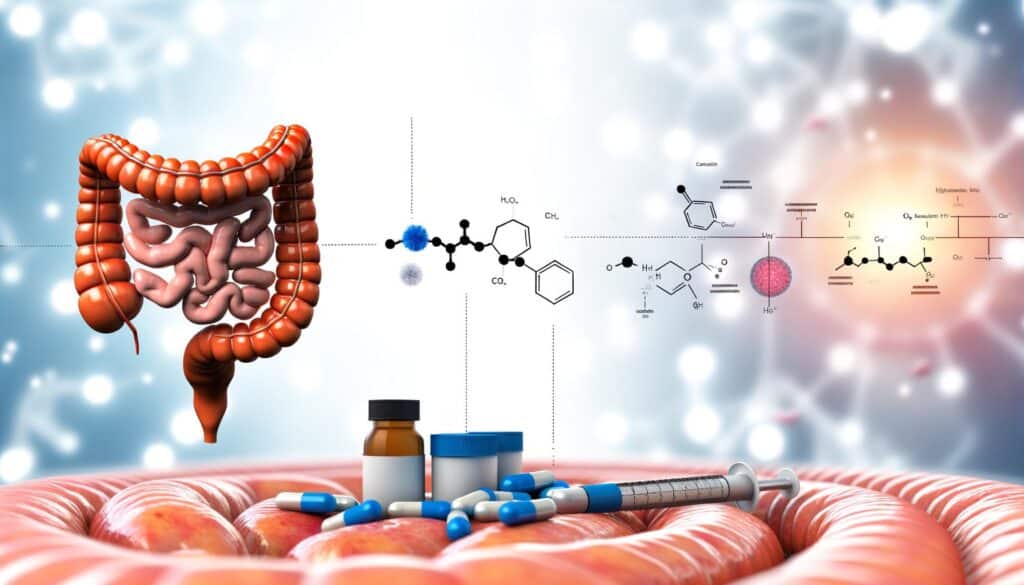Medication: A Primary Line of Defense
The initial treatment approach for ulcerative colitis often involves medication. Several types of drugs are employed to reduce inflammation and suppress the immune response that triggers symptoms. These include:
- Aminosalicylates (5-ASAs): These anti-inflammatory drugs are commonly used for mild to moderate ulcerative colitis. They help in reducing inflammation directly in the colon lining.
- Corticosteroids: Used for more severe flare-ups, corticosteroids help in rapidly controlling inflammation but are not suitable for long-term use due to potential side effects.
- Immunomodulators: These medications decrease immune system activity to prevent ongoing inflammation, typically used when other drugs have not been successful.
- Biologics: These are advanced medications derived from living organisms that target specific proteins involved in inflammation and are particularly effective for patients who do not respond to traditional treatments.
Each medication has its potential side effects, making it critical for patients to regularly consult with their healthcare providers to monitor the efficacy and safety of their treatment plan.
Diet and Lifestyle: Supporting Treatment Strategies
While medication plays a central role, diet and lifestyle modifications can substantially complement treatment for ulcerative colitis. Although there is no one-size-fits-all diet for managing this condition, certain dietary approaches can help manage symptoms:
- Low-residue diet: Consisting of foods low in fiber to reduce bowel movement frequency, easing symptoms during flare-ups.
- Probiotics: Supplements that promote a healthy balance of bacteria in the gut.
- Avoidance of trigger foods: Identifying and eliminating foods that worsen symptoms such as dairy, spicy foods, or caffeine.
Implementing lifestyle changes such as minimizing stress and ensuring adequate rest can also improve overall well-being and symptom management, underscoring the importance of a holistic approach where physiological and psychological health go hand-in-hand.
Surgical Options: Considerations and Recovery
For individuals with ulcerative colitis unresponsive to medication, surgery may be a viable option. Surgical treatment involves removing the colon and rectum, a procedure known as a proctocolectomy. Post-surgery, a small part of the small intestine is used to create a pouch attached to the anus, enabling normal waste elimination. This can potentially cure the disease but also comes with its own set of considerations including recovery time and lifestyle adaptations post-surgery.
Surgery is typically reserved for those with severe symptoms that significantly affect their quality of life or for complications such as severe bleeding or cancer risk. The decision to undergo surgery should involve thorough discussions with medical professionals, considering potential benefits and any long-term implications.
Alternative Therapies: Exploring Complementary Approaches
In addition to conventional treatments, alternative therapies may offer additional support. Many patients explore complementary approaches such as herbal supplements, acupuncture, and mind-body techniques like yoga and meditation. While these therapies cannot replace standard medical treatments, they can contribute to a comprehensive wellness strategy by alleviating stress and promoting holistic healing. Before initiating any alternative therapy, it is paramount for patients to discuss it with their healthcare provider to ensure safety and compatibility with their current treatment plan. Integrating these practices into one’s lifestyle should focus on individual preferences and unique health needs, fostering a balanced approach to ulcerative colitis management.

